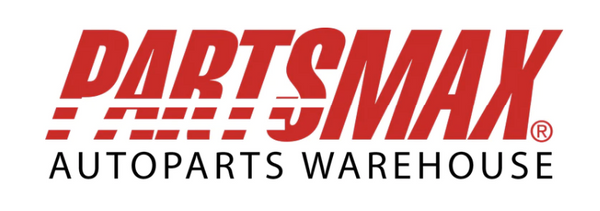Understanding the truth about oil changes is crucial for every vehicle owner. While many drivers view oil changes as a simple maintenance task, the science behind oil degradation and its impact on engine health reveals a more complex picture. This comprehensive guide explores why proper oil maintenance is the lifeline of your engine and how neglecting it can lead to catastrophic failure.
The Science of Engine Oil Degradation
Engine oil doesn't simply "wear out" – it undergoes a complex chemical transformation that impacts its ability to protect your engine. Heat cycles, contamination, and mechanical stress all contribute to oil breakdown.
Chemical Breakdown Process
Engine oil undergoes several complex chemical reactions during normal operation:
Oxidation and Thermal Breakdown
- Creates harmful deposits and acidic compounds
- Reduces oil's viscosity and film strength
- Decreases lubricating effectiveness
- Forms sludge and varnish deposits
- Accelerates component wear
Contamination Sources and Additive Depletion
- Combustion byproducts (soot, carbon)
- Metal particles from normal wear
- Environmental debris (dust, dirt)
- Depleting detergents and dispersants
- Loss of anti-wear agents and anti-oxidants
Impact on Engine Components
The degradation of engine oil directly affects critical engine parts:
- Bearing surfaces experience increased friction
- Piston rings lose proper sealing
- Valve train components suffer accelerated wear
- Timing chain tensioners lose proper lubrication
- Oil passages become restricted with sludge
Synthetic vs. Conventional Oil: Making the Right Choice
The debate between synthetic and conventional oil continues to evolve as engine technology advances.
Synthetic Oil Benefits
- Better high-temperature stability
- Improved cold-weather performance
- Enhanced wear protection
- Longer service intervals
- Better resistance to oxidation
Conventional Oil Considerations
- Lower initial cost
- Suitable for older engines
- More frequent change intervals are required
- Limited high-temperature protection
- Faster degradation rate
Laboratory Oil Analysis: The Scientific Approach
Professional oil analysis provides detailed insights into engine health through sophisticated testing.
Comprehensive Testing
- Elemental analysis for wear metals
- Physical property testing (viscosity, TBN, TAN)
- Contamination analysis
- Particle count and distribution
- Trend analysis documentation
Making Data-Driven Decisions
Regular oil analysis helps:
- Optimize change intervals
- Identify developing problems
- Verify oil quality
- Track engine wear patterns
- Maintain warranty coverage

Best Practices for Oil Maintenance
Regular Monitoring
- Check the oil level weekly when cold
- Inspect for leaks and contamination
- Monitor oil pressure and consumption
- Document all maintenance
- Follow seasonal maintenance schedules
Quality Components
- Use manufacturer-approved oils
- Select high-quality filters
- Maintain proper oil level
- Use the correct viscosity grade
- Replace drain plug gaskets
View our inventory of Aftermarket Auto Parts
Trust Miami's leading aftermarket auto parts experts to keep your vehicle running reliably. Visit our shop or call us today to discuss your needs.

